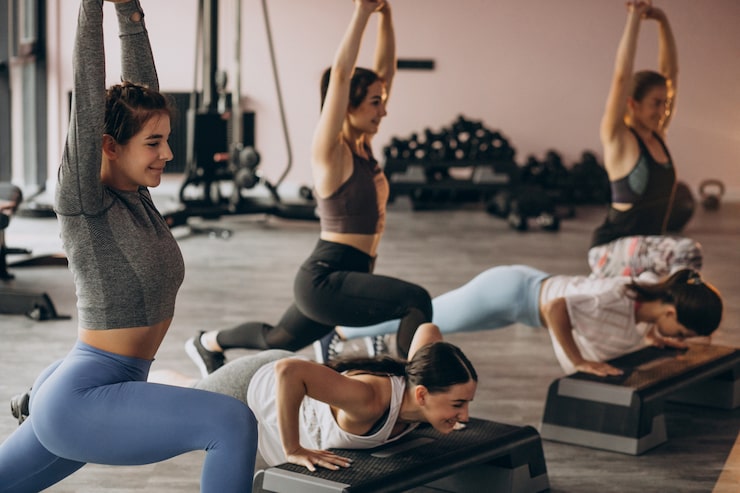Evening workouts are a great choice for people with busy days. But how do you make them really count? This guide will help you get more from your evening training by focusing on three key areas: food and hydration, your workout space, and your mindset. Paying attention to these will help you turn evening sessions into a strong part of your routine.
Why evening workouts can work well
Working out in the evening often matches your body’s natural rhythm. By day’s end your muscles are warmer and more flexible, which can lower injury risk and improve performance. Your body also tends to use food for energy more efficiently later in the day. Knowing this helps explain why night workouts can feel better and be more effective.

Nutrition and hydration tips
Eating and drinking the right way before an evening workout makes a big difference:
– Time your meal: Eat a balanced meal with carbs, protein, and fats 2–3 hours before exercising so your body can use the fuel when you need it.
– Pick smart carbs: Whole grains, fruits, and vegetables give steady energy and help keep blood sugar stable.
– Don’t skip protein: Adding protein—like chicken, fish, tofu, or beans—helps with muscle repair.
– Stay hydrated: Drink water throughout the day. Aim for about 16–20 ounces (roughly 500–600 ml) a few hours before, and another 8–10 ounces (250–300 ml) just before you start.
Eating well and drinking enough will give you energy for a strong workout and help you recover faster afterwards.
Setting up the right training environment
Where you train affects how well you perform and how much you enjoy your workout. Here’s how to make the space work for you:
Safety and comfort
– Clear the area of things you could trip over to avoid injury.
– Keep your space tidy so you can focus on training without distractions.
Motivation and focus
– Create a setup that makes you want to exercise—easy access to equipment or a motivational visual can help.
– Having a dedicated spot for workouts makes it easier to stick to a routine.
Lighting matters
Good lighting is key for evening sessions:
– It improves visibility and reduces the chance of accidents, whether you’re indoors or out.
– Proper light helps you keep good form and focus during exercises.
– The right lighting can also make your space feel more energizing and inviting.
Consider efficient lighting options—like sports floodlights from specialists such as Eco Energy Saving Solutions—to brighten your area safely without wasting energy.
Other space tips
– Keep the temperature comfortable so you can perform well, whether you need cooling in summer or warmth in winter.
– Make sure the air is fresh and well-ventilated, especially during intense workouts.
Preparing your mind
Mental prep is just as important as physical prep. Visualizing a successful session and thinking about your goals can boost confidence and motivation. On low-energy days, a positive mindset can help you stay focused and get through the workout. Take a moment before you start to center yourself and approach your training with determination.
Recovery and sleep
Rest and sleep are vital after evening workouts. Your body repairs and builds muscle while you sleep, so good rest speeds recovery and keeps you ready for the next session. Tips for better sleep:
– Aim for 7–9 hours each night and try to keep a consistent sleep schedule.
– Build a calming bedtime routine to signal your body it’s time to wind down.
– Make your bedroom cool, dark, and comfortable.
– Cut down on screens and stimulating activities before bed.
– Try deep breathing or short meditations to relax.
Tailoring your evening routine
Make a plan that fits your life and goals so you’ll stick with it:
– Choose activities you enjoy—whether it’s fast workouts, yoga, or running—so you’ll look forward to them.
– Train at a similar time each evening to build a habit.
– Be flexible. If you’re tired or stressed, do something lighter. Listen to your body and adjust as needed to avoid burnout.
Summary
To get the most from evening workouts, focus on eating and drinking right, preparing your mind, creating a safe, motivating space, and getting good rest. Build a routine that fits your life and stay flexible when things change. Follow these basics and your evening sessions can become a powerful part of your fitness success.